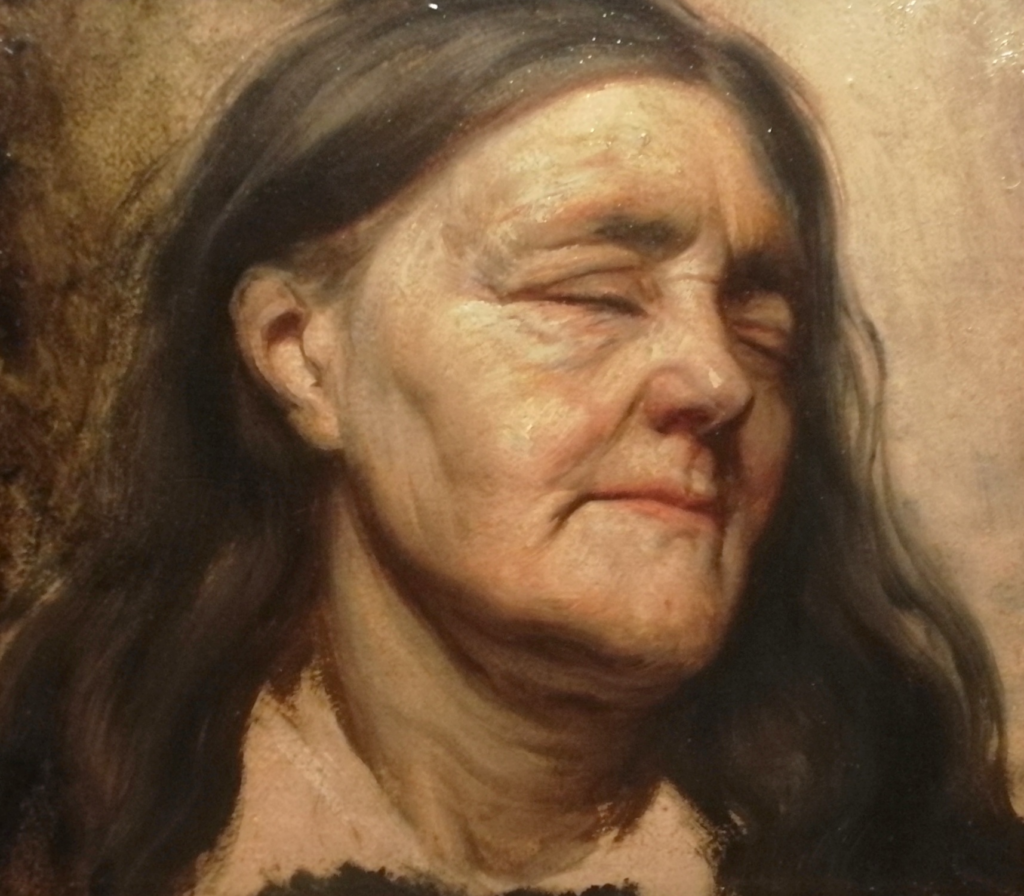What can we do when we’re aware we’ve done something that causes others to be unhappy? The people we make suffer may still be alive. The people we have made suffer may have already died. What can
we do to make amends? The wound is not only in the body, in the soul, in the consciousness of the other person, but the wound is there in ourselves. Suppose we said something unkind to our grandmother
fifty years ago. The pain, the suffering is still there in our consciousness, in our soul. I know that my grandmother is alive in me with her wound. I am alive also with that same kind of wound. Practicing unilateral disarmament means we disarm ourselves, regardless of what the other person does and regardless of whether the other person is alive or not.

We don’t need the other person to be there in order to heal ourselves. We don’t need them to sit in front of us in order for us to be reconciled with them. Reconciliation and healing can be realized within oneself alone. And disarmament can be done unilaterally. If we disarm ourselves, if we become peaceful, if we decide not to attack and not to argue, we already have peace inside us. When even one person practices unilateral disarmament, it will already have an effect on the other person.
Practice
When you are aware of a wound, begin to breathe in and out and begin to be aware of the wound. For example: Breathing in, I am aware of the wound in me, breathing out, I am taking good care of
it. Breathing in, I say “I’m sorry, Grandma”, breathing out, “I know I will not do it again.”
When you practice like that, you make your grandmother in you smile, and the healing begins to take place. The moment you disarm yourself, the moment you decide to give up the fight, the moment you practice beginning anew in yourself, the healing begins and you undergo a transformation that will very soon have an effect on the other person. She will see the difference in you. And now you arc
looking at her in a different way, you are smiling at her in a very different way. You are now a flower and no longer a thorn for her. Very soon, she will notice this, and it will be her turn to disarm and transform.
Peace begins with me. Reconciliation begins with me. Healing begins with me. So when you practice deep breathing and smiling to the pain in you, and vow to begin anew, when you practice loving kindness, taking care of your pain and suffering, you are already practicing taking care of the other person. Taking care of yourself is to take care of the other person.
Thich Nhat Hanh, Happiness: pp. 117-188